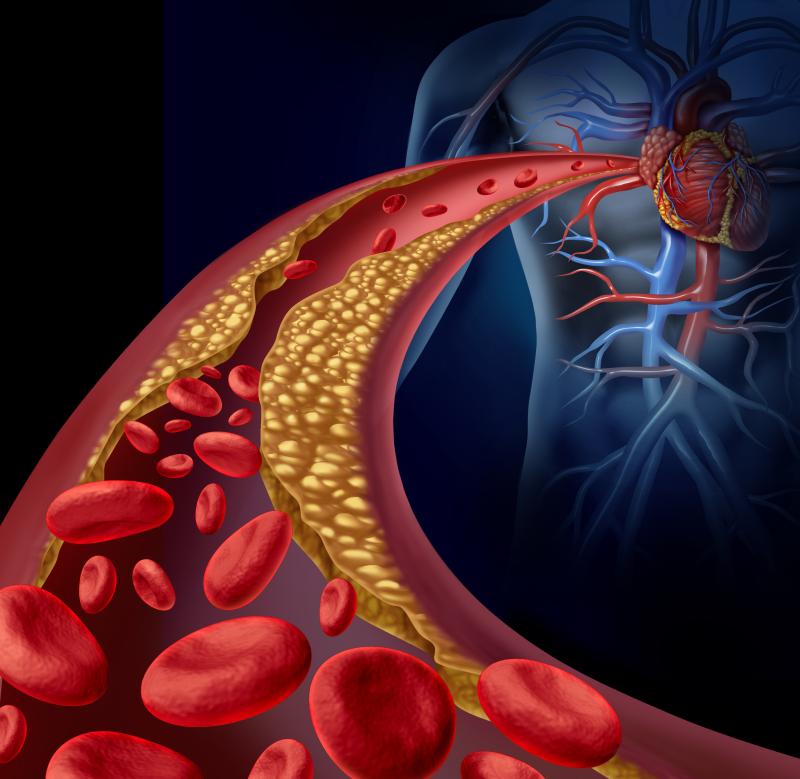
Patients with self-reported statin intolerance may benefit from proprotein convertase subtilisin/kexin type 9 (PCSK9) inhibitors, which have been shown to lower atherogenic lipid markers in this population, suggests a recent study.
The authors conducted a retrospective chart review to describe the tolerability of evolocumab and alirocumab and to examine their efficacy and obtainability. They included adult patients with self-reported statin intolerance who were prescribed a PCSK9 inhibitor. Patient-reported side effects, laboratory values and insurance information were also obtained and assessed.
PCSK9 inhibitor was prescribed to 55 patients during the study period. Forty-two patients initiated therapy, and 34 had at least one follow-up visit. Although adverse events occurred in those prescribed PCSK9 inhibitors, including myalgia (n=5; 14.7 percent), flu-like symptoms (n=4; 11.8 percent) and fatigue (n=1; 2.9 percent), only two patients (5.9 percent) discontinued treatment.
Low-density lipoprotein cholesterol (LDL-C) decreased by 48.7 percent (95 percent confidence interval [CI], –1.7 percent to 99.1 percent). Twenty patients (58.8 percent) were able to achieve a reduction of ≥50 percent in LDL-C.
In terms of obtainability, 44 (77.2 percent) of the 57 prescriptions written required prior authorization. Three (5.3 percent) were denied by insurance.
PCSK9 heightens LDL-C concentrations by interfering with normal physiologic hepatic LDL receptor (LDLR) recycling. By inhibiting PCSK9, LDLR recycling is improved, LDLR availability on hepatocyte cell surfaces is increased and blood LDL-C levels is reduced. This makes PCSK9 inhibition an effective therapeutic strategy for managing hypercholesterolaemia. [Vasc Health Risk Manag 2016;12:185-197]